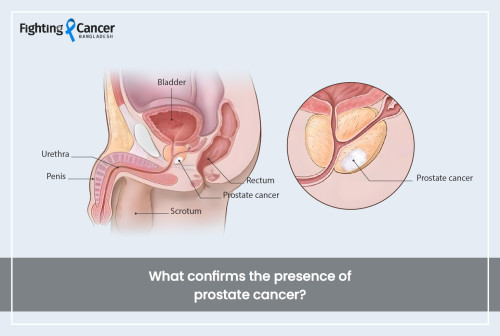
Every year, 1 in 8 men is diagnosed with prostate cancer. Prostate cancer is more prevalent in older men over 50 if you are black or have a family history of it.
Mostly prostate cancer in the early stage does not show any symptoms; in the advanced stage, this cancer shows some symptoms like:
- Frequent or urgent urination, especially at night
- Facing difficulties during or starting urination
- Lack of controlling the urination back
- Painful or a burning sensation during urination
- Interrupted urine flow
- Decreased urine amount
- Erectile dysfunction
- Feeling some pressure in the rectum
- Presence of blood in the urine or semen
- Pain in the bones like the lower back and pelvis
- Sudden weight loss without trying
- After urination, a feeling that the bladder is not emptied
If prostate cancer is suspected, your doctor will ask about these symptoms and also how long you have been facing them. They will ask about some possible risk factors, like:
Age
As you get older, the risk increases. People over 50 are at high risk of prostate cancer. About 60% of this cancer is commonly found in people who are 60 or older.
Race
It has been found that black people are more affected than white people. The reason behind this is still unknown. Surprisingly, this cancer is more aggressive in black men than in white men, and the death rate is also high.
Lifestyle
Physical activity and diet also have a connection with prostate cancer. If you are doing inadequate physical activity and have an unhealthy diet, you are at high risk of prostate cancer.
Family history
If a family member, like a father, sibling, or son, is diagnosed with prostate cancer, you can be affected. It runs in a family and is known as familial prostate cancer; it accounts for 20% of total prostate cancer.
Obesity
obese people are more prone to developing prostate cancer. This cancer is more aggressive in obese people’s bodies, and one more alarming thing is it may return after initial treatment.
Diet
People having a diet high in calcium are at risk of having this cancer.
Then, your doctor will do some tests like the digital rectal exam (DRE), prostate-specific antigen (PSA) blood test, and screening test.
If cancer is suspected, a biopsy test will be done to confirm it.

